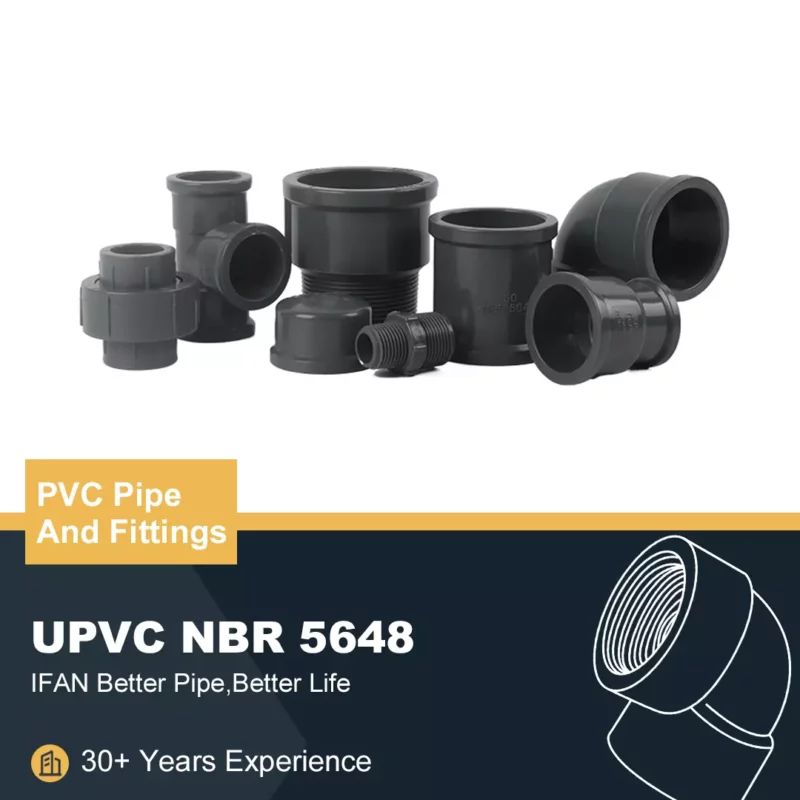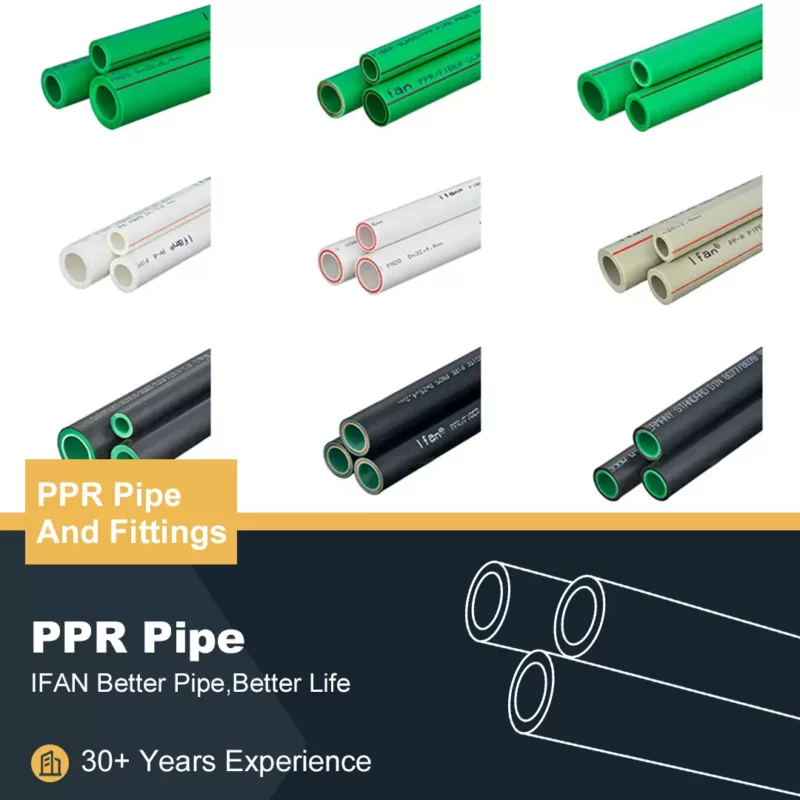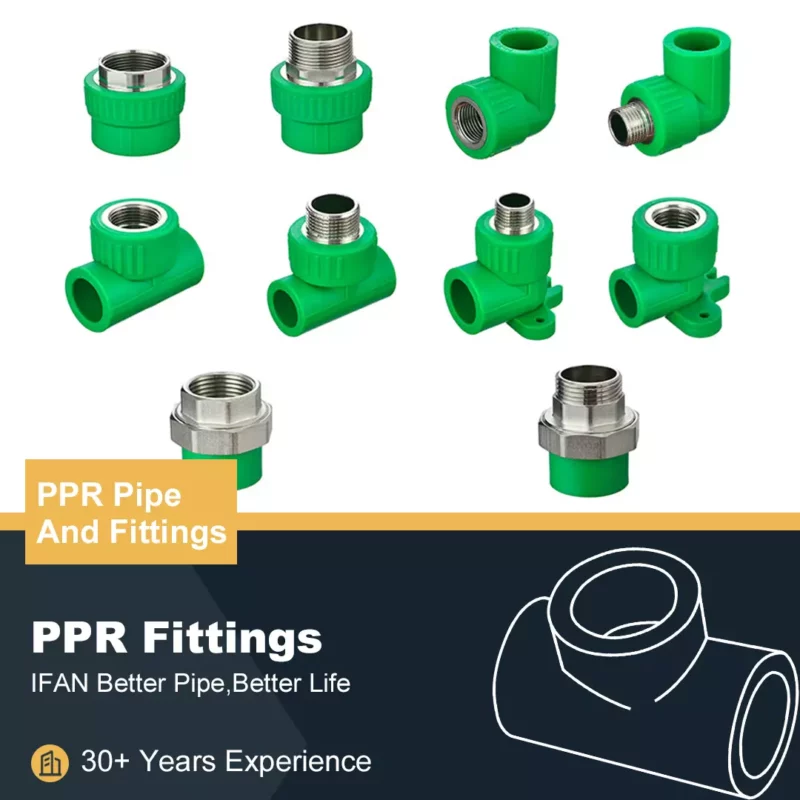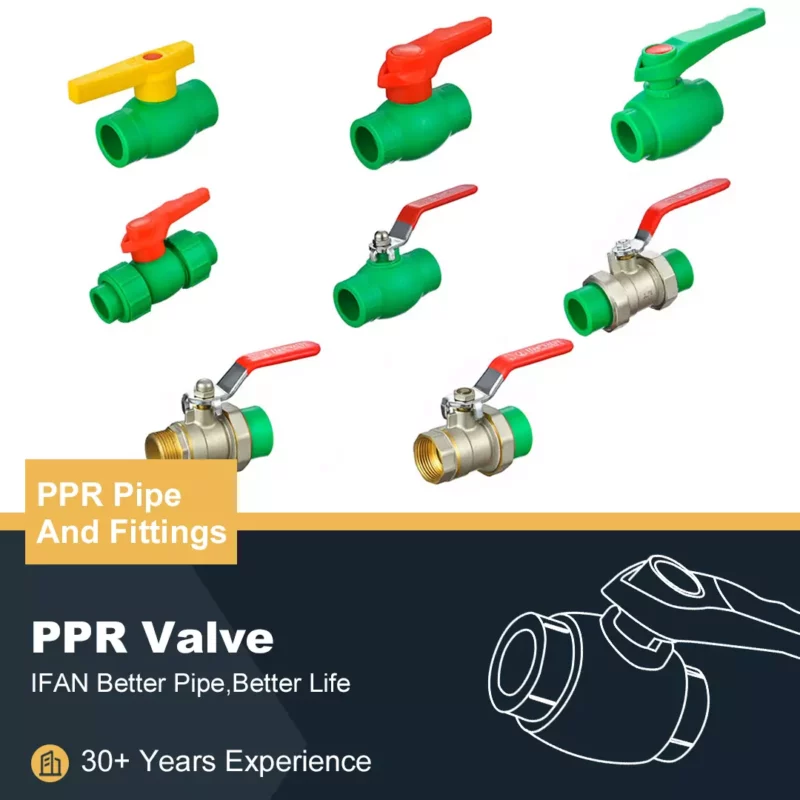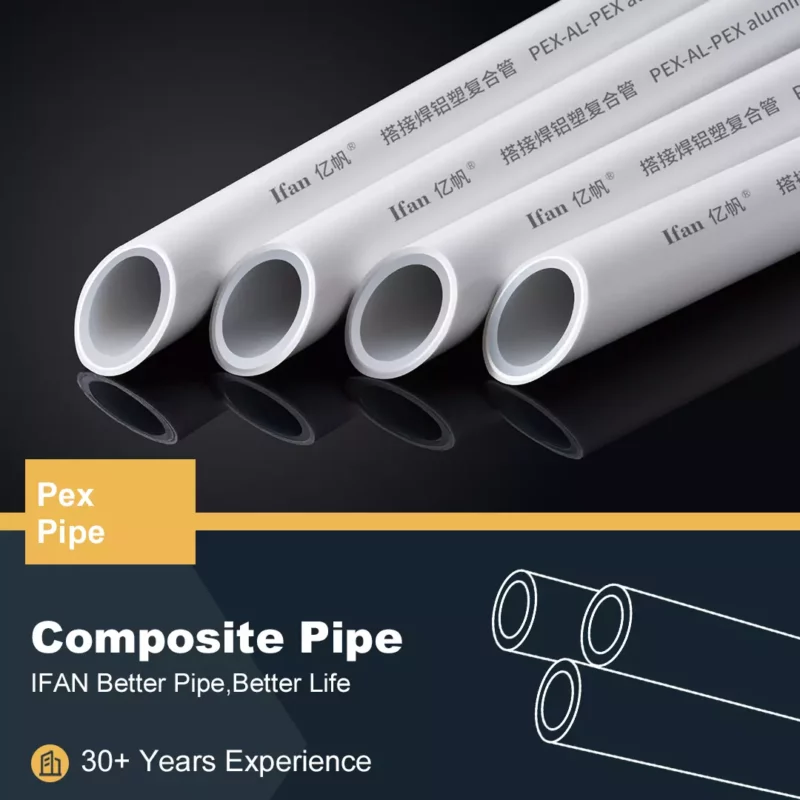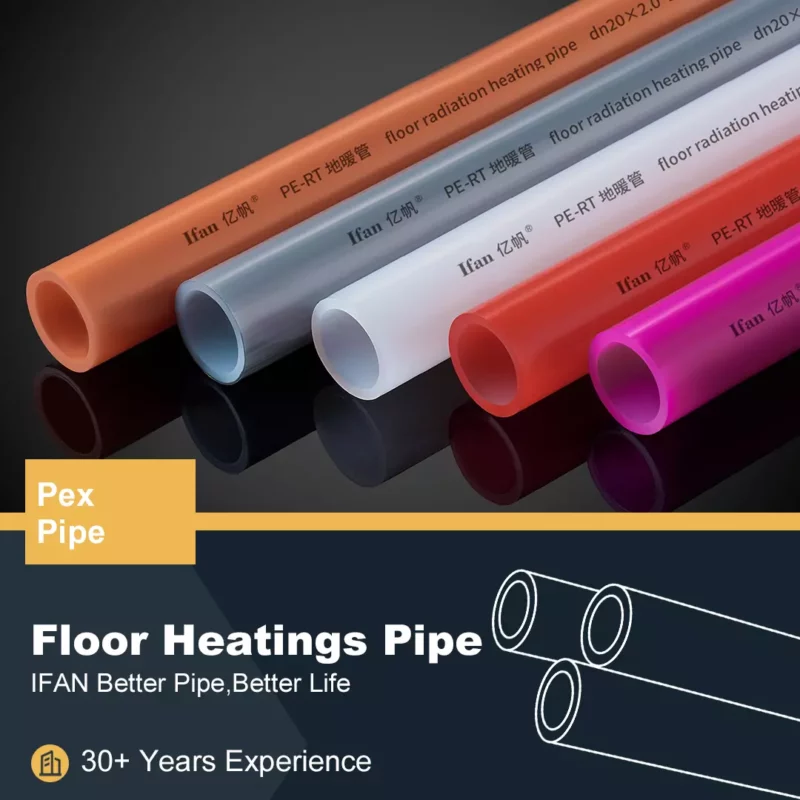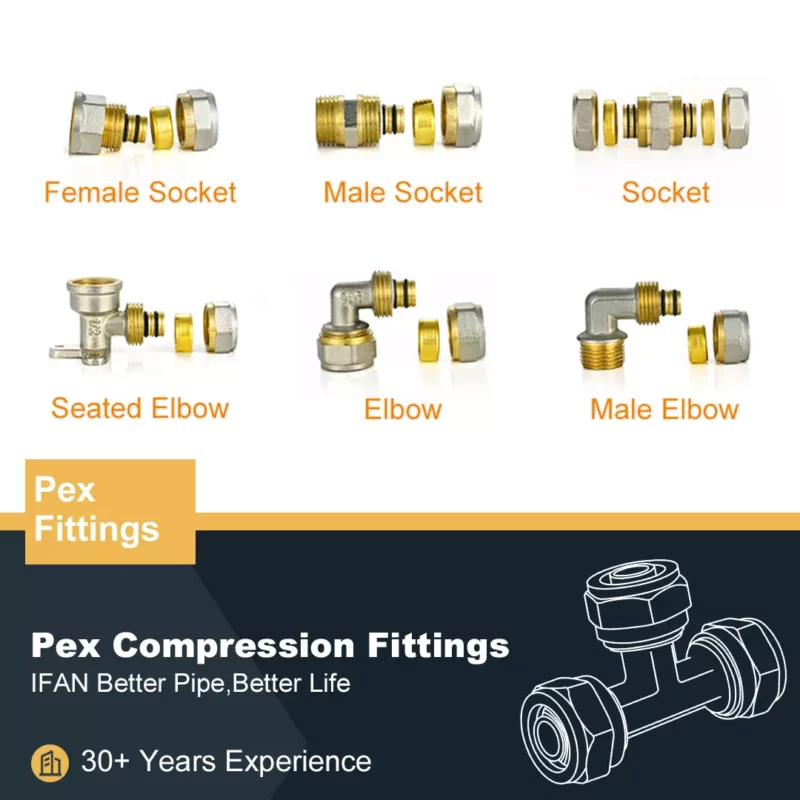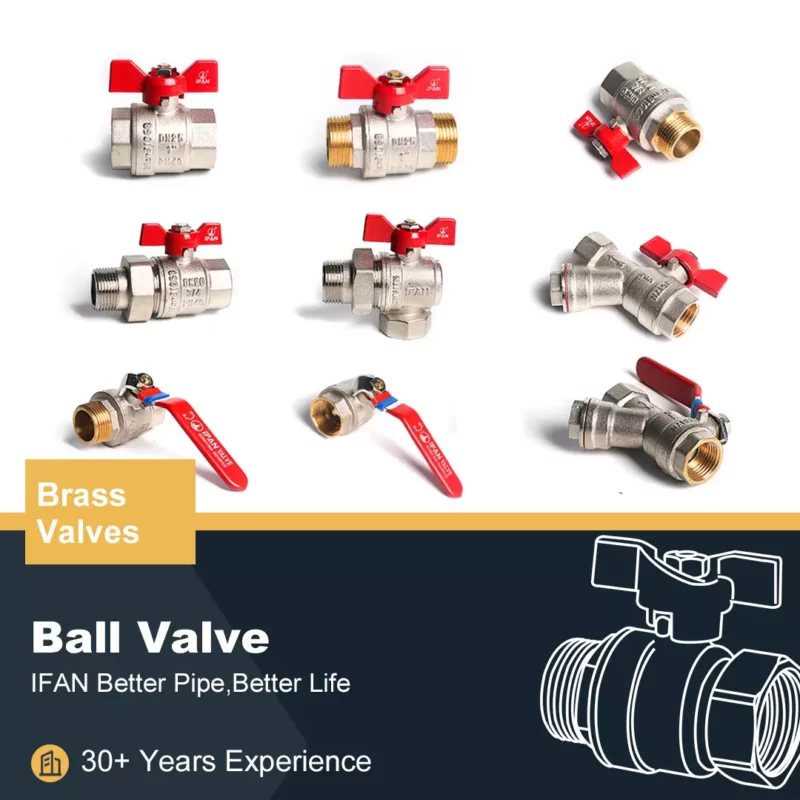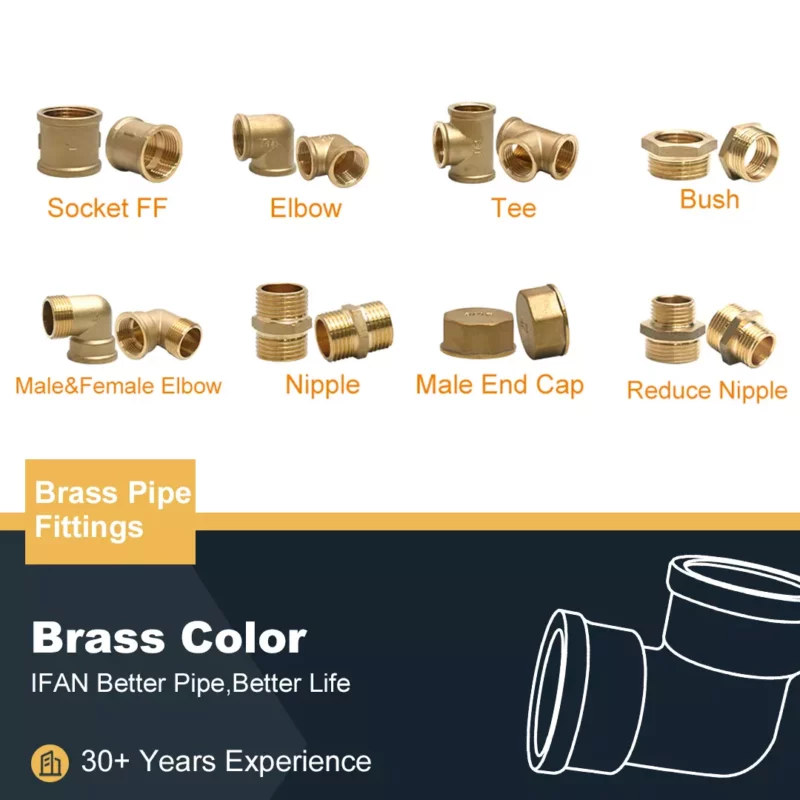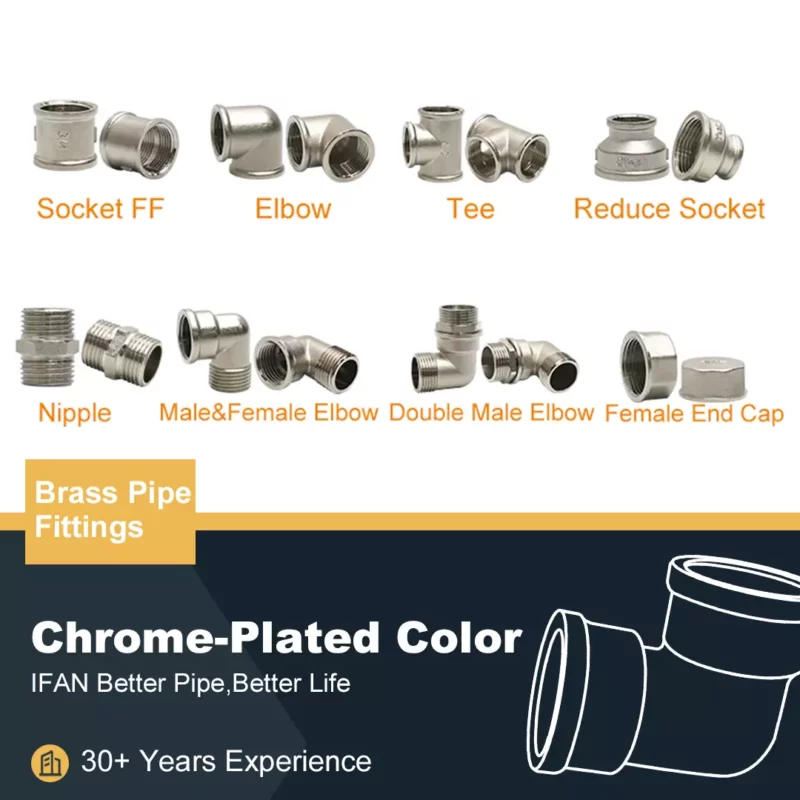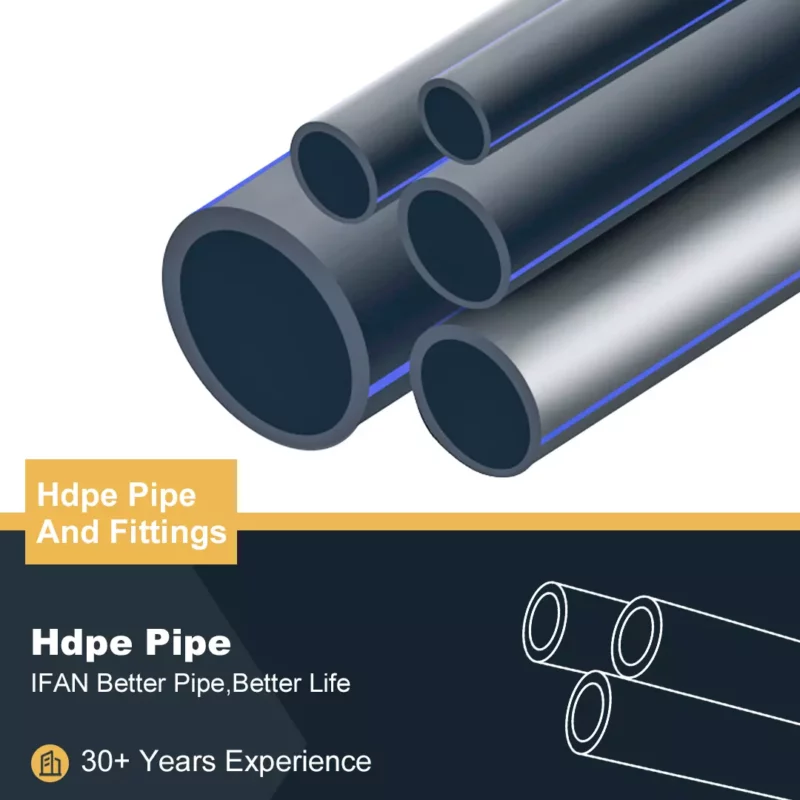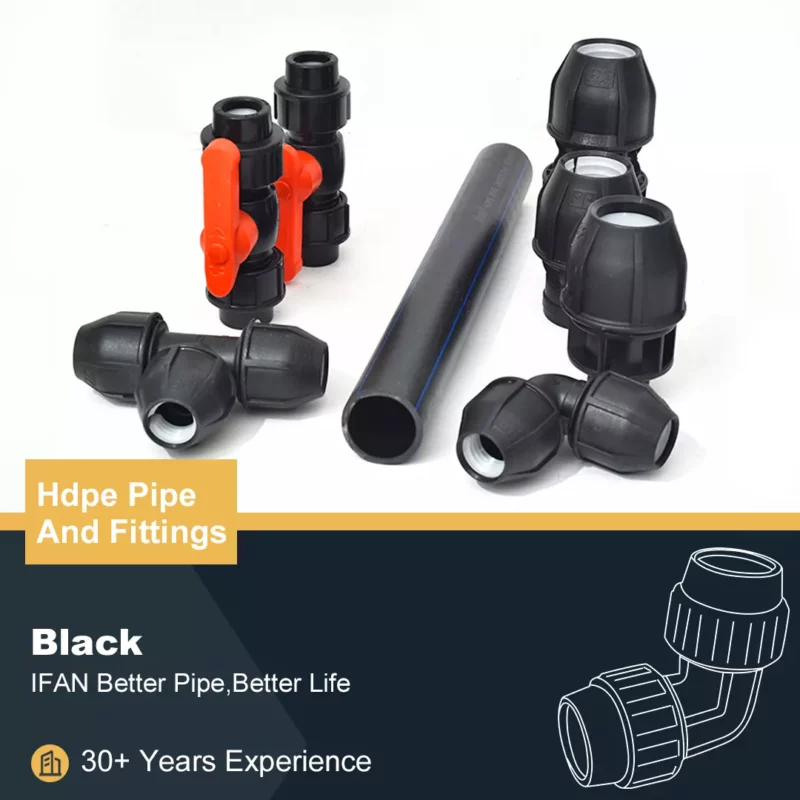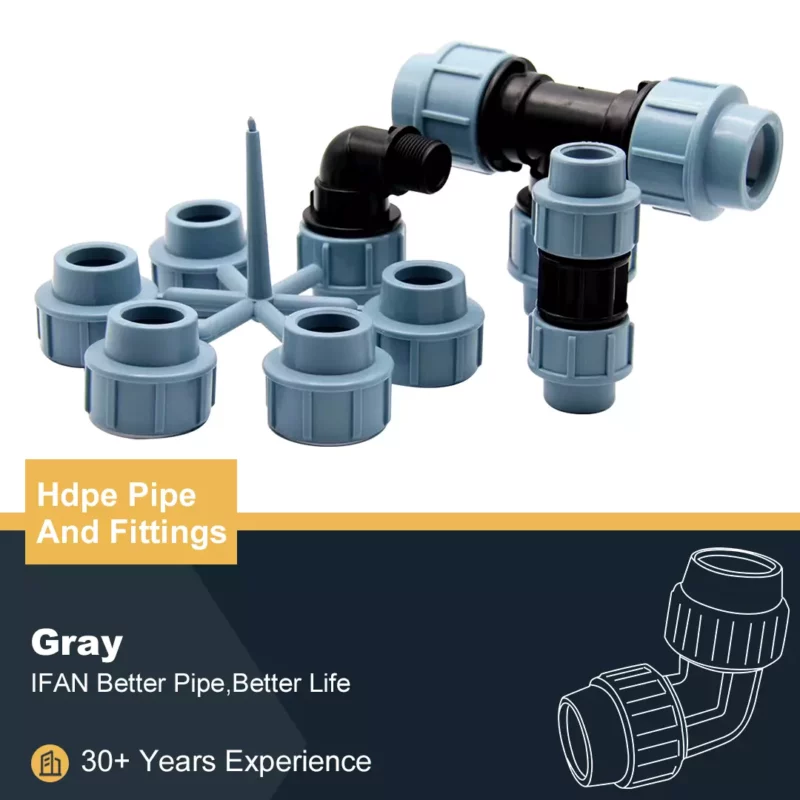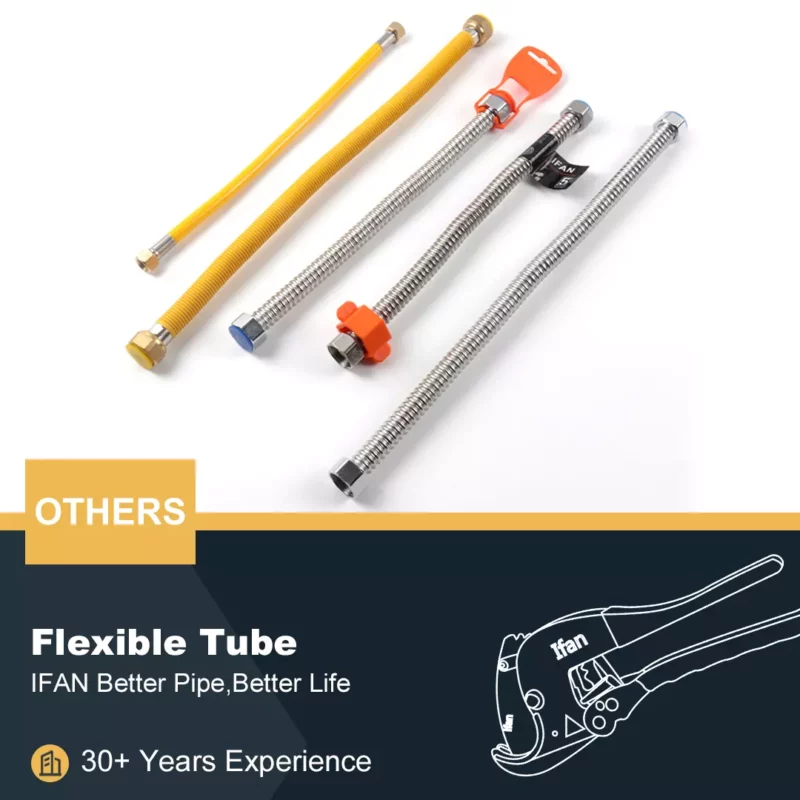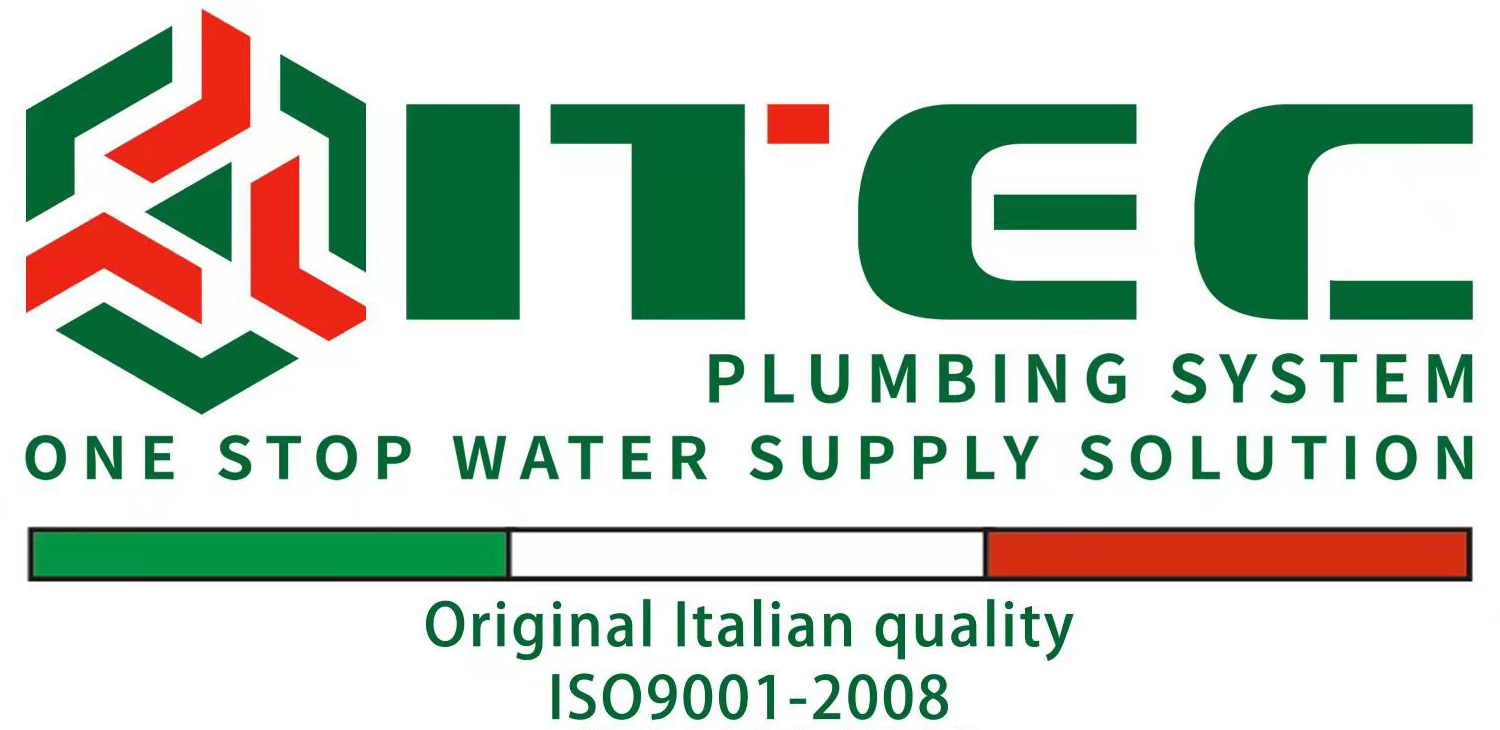Brass Gas valve are crucial components in controlling the flow of gas in various appliances. Brass, a metal alloy of copper and zinc, is predominantly used in manufacturing these valves due to its exceptional properties.
Properties of Brass
Brass offers superior corrosion resistance, ensuring longevity and safety in gas applications. Its malleability allows for intricate valve designs, optimizing performance and reliability.
Strength and Durability
The inherent strength of brass makes it ideal for handling the pressures and stresses encountered in gas distribution systems. This durability ensures valves maintain functionality over extended periods.
Safety Considerations
Gas valves must withstand high temperatures and pressures without compromising safety. Brass’s robustness and resistance to deformation under stress contribute significantly to preventing leaks and failures.
Ease of Machining
Manufacturers benefit from brass’s machinability, allowing precise shaping of valve components. This capability ensures tight seals and efficient operation, crucial in gas valve applications.
Cost-Effectiveness
Brass’s balance of performance and cost efficiency makes it a preferred material for mass-produced gas valves. Its availability and manufacturability contribute to competitive pricing in the market.
Environmental Impact
Brass is a sustainable choice for gas valves, as it can be recycled without losing its mechanical properties. This eco-friendly aspect aligns with modern environmental standards.
Conclusion
In conclusion, brass gas valves combine essential qualities of durability, safety, and cost-effectiveness. Their widespread use underscores brass’s suitability for critical applications in gas distribution systems.
If you have read this article and have any questions, please feel free to contact IFAN. Below is our contact information:
Whatsapp:+86 13373827623
Email:[email protected]




